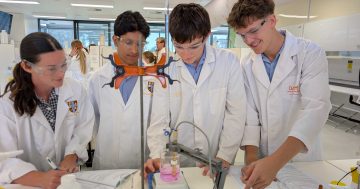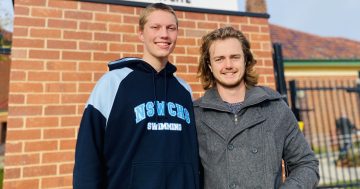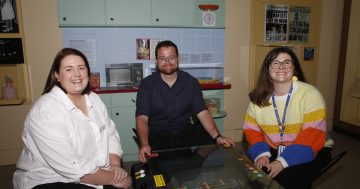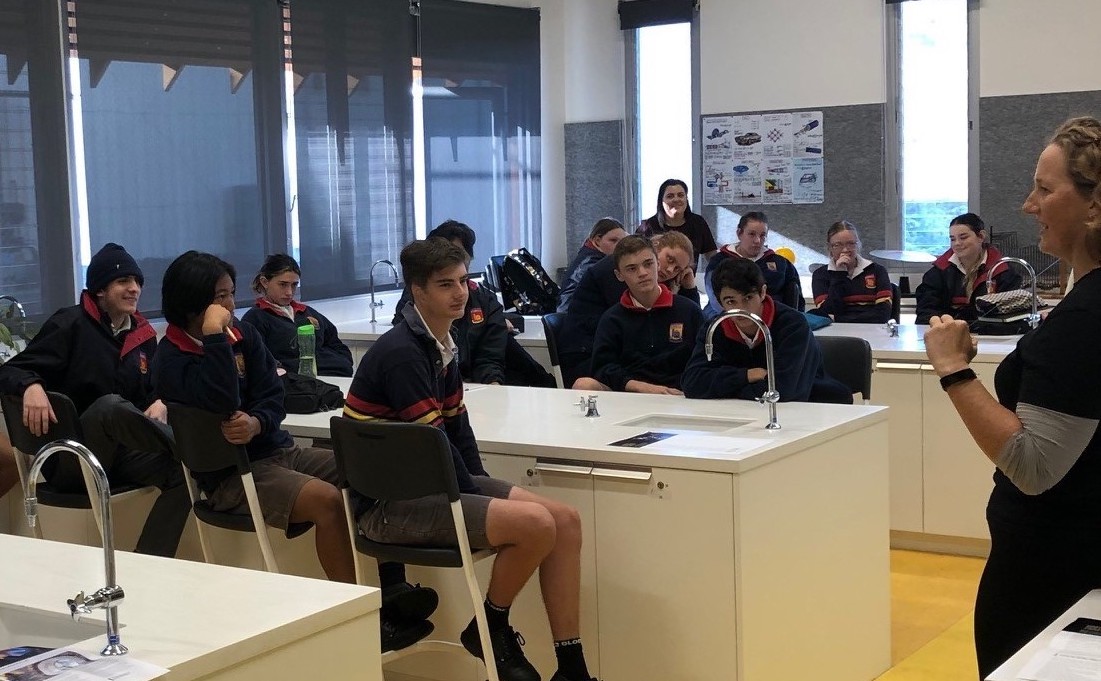
Students at Stawell Secondary College have joined the quest to understand dark matter. Photo: Supplied.
Three Riverina schools will be the first in NSW to join an innovative physics program, introducing students to ‘dark matter’ and getting them excited about science.
The Australian Research Council (ARC) Centre of Excellence for Dark Matter Particle Physics (CDM) Partner Schools Program will kick off at Wagga High, Kooringal High and West Wyalong High School this week.
The aim is to connect regional students to researchers on the front line of enquiry and to nurture an interest in science at schools that are sometimes overlooked.
“Our researchers are helping to solve one of the greatest mysteries of the universe and we want Riverina students to be part of the excitement of the search for dark matter,” said ANU physicist Zuzana Slavkovska.
“The Partner Schools Program provides students in regional and rural areas with opportunities to learn about exciting physics concepts like dark matter and meet physicists involved in world-leading dark matter research,”
In simple terms, dark matter is something that exists out in space that has gravity, but is invisible and we know relatively little about it.
According to the program’s website: “Ordinary matter makes up less than 16 per cent of the matter of the universe and the remaining 84 per cent appears to be made of a mysterious, invisible substance named dark matter”.
The program begins with Year 7 students and senior physics students in the first year and expands each year as the first groups move through school.
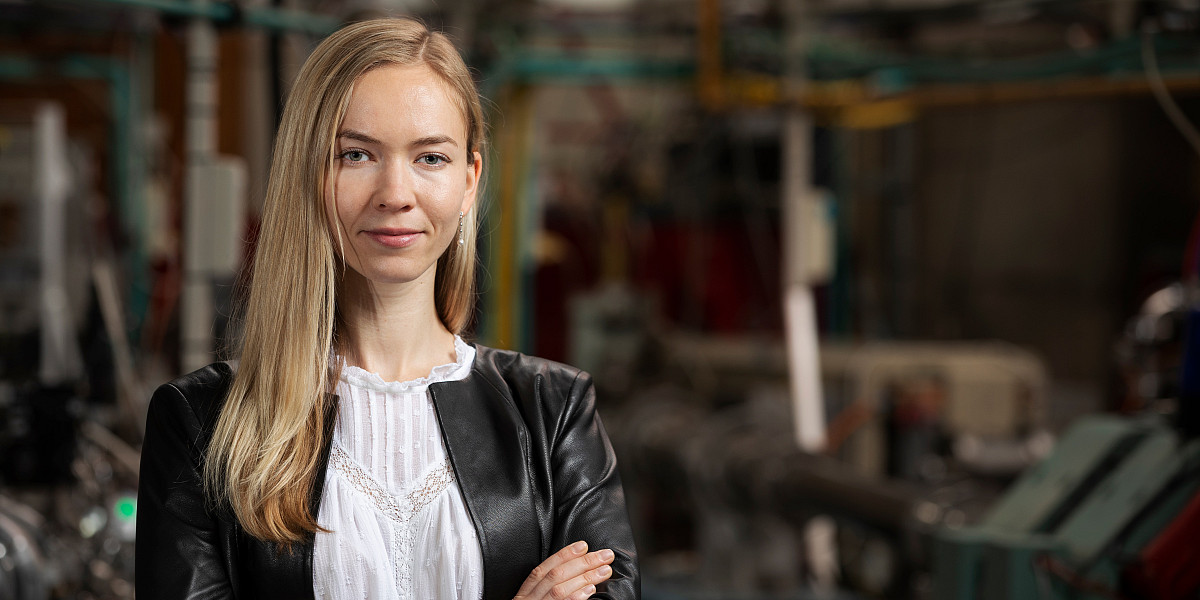
Dr Zuzana Slavkovska from the ARC Centre of Excellence for Dark Matter Particle Physics wants to introduce students to the fascinating world of Dark Matter. Photo: Supplied.
Nakita Saxton is a science teacher at Wagga Wagga High School and said that they jumped at the opportunity to be involved.
“This is a fantastic idea, engaging Year Seven in some experiments and engaging in that dark matter field, and then continuing that process through seven, eight, nine and so on,” she said.
“It will be amazing having that partnership with the school and getting kids to understand what’s out there and what research is being done right here in Australia.”
Physicists and physics teachers will introduce students to dark matter-related physics including gravitation, galaxies and the ‘Standard Model’, as well as broader topics around scientific enquiry.
“I think they will understand these concepts in a whole new light and see a potential career path that they can follow,” Ms Saxton said.
The program was introduced to Stawell Secondary College in Victoria in 2021. It coincided with the construction of the Stawell Underground Physics Laboratory, which will host the first underground dark matter experiment in the Southern Hemisphere.
“By introducing students to concepts like dark matter, we hope to show them how exciting and inspiring science can be,” said Dr Slavkovska.
“Science is not confined to a laboratory; scientists might spend their time 1km underground performing exciting hands-on work – we want students to see and be inspired by this reality of modern science.
“Ultimately, we want to show them that science is a career pathway that is available to everyone, regardless of whether they live in a major city or a small country town.”







